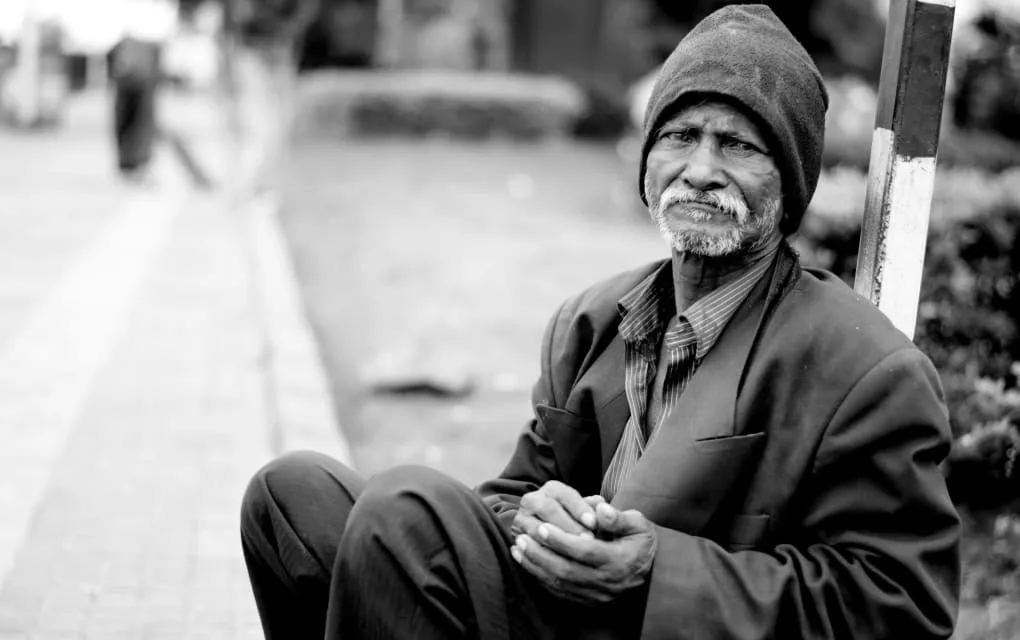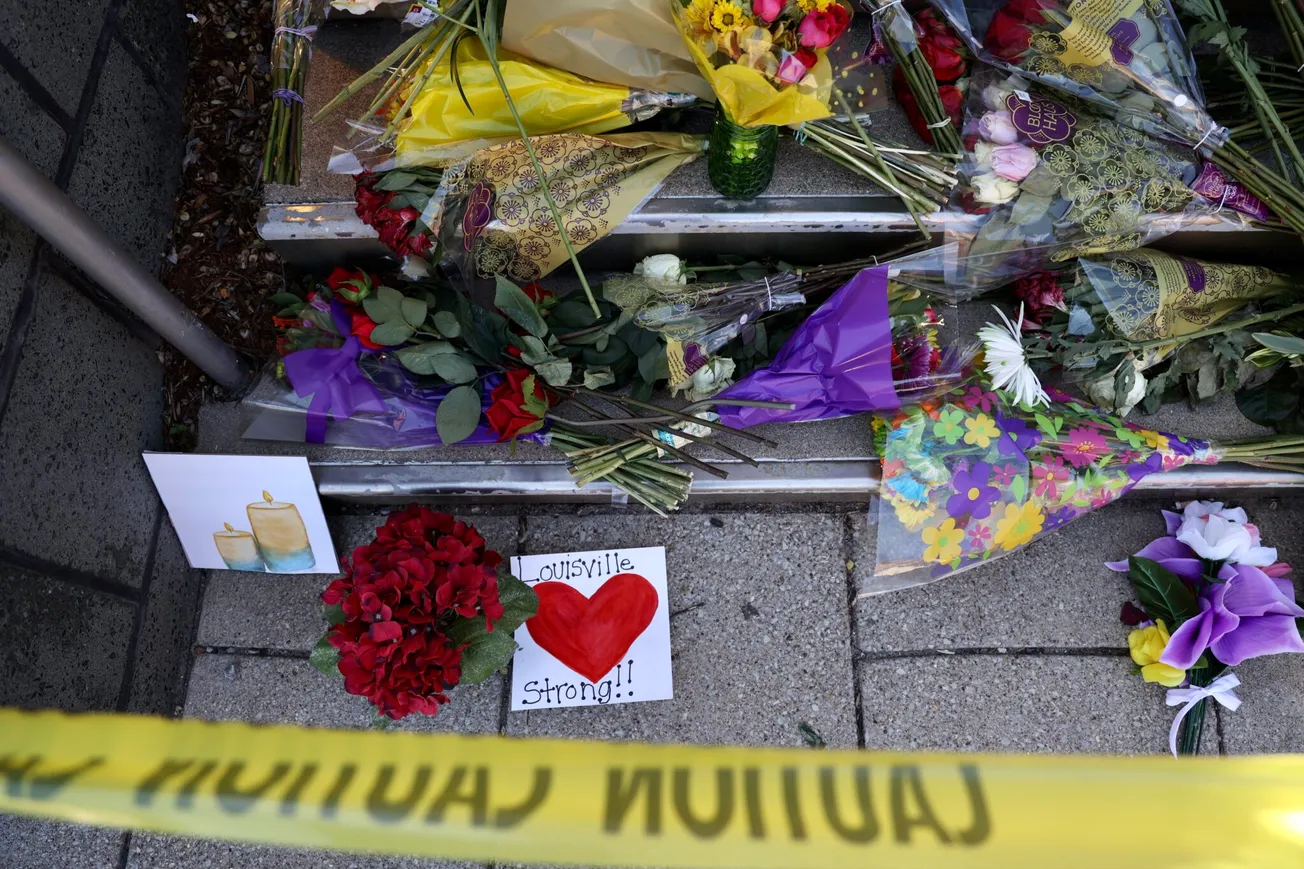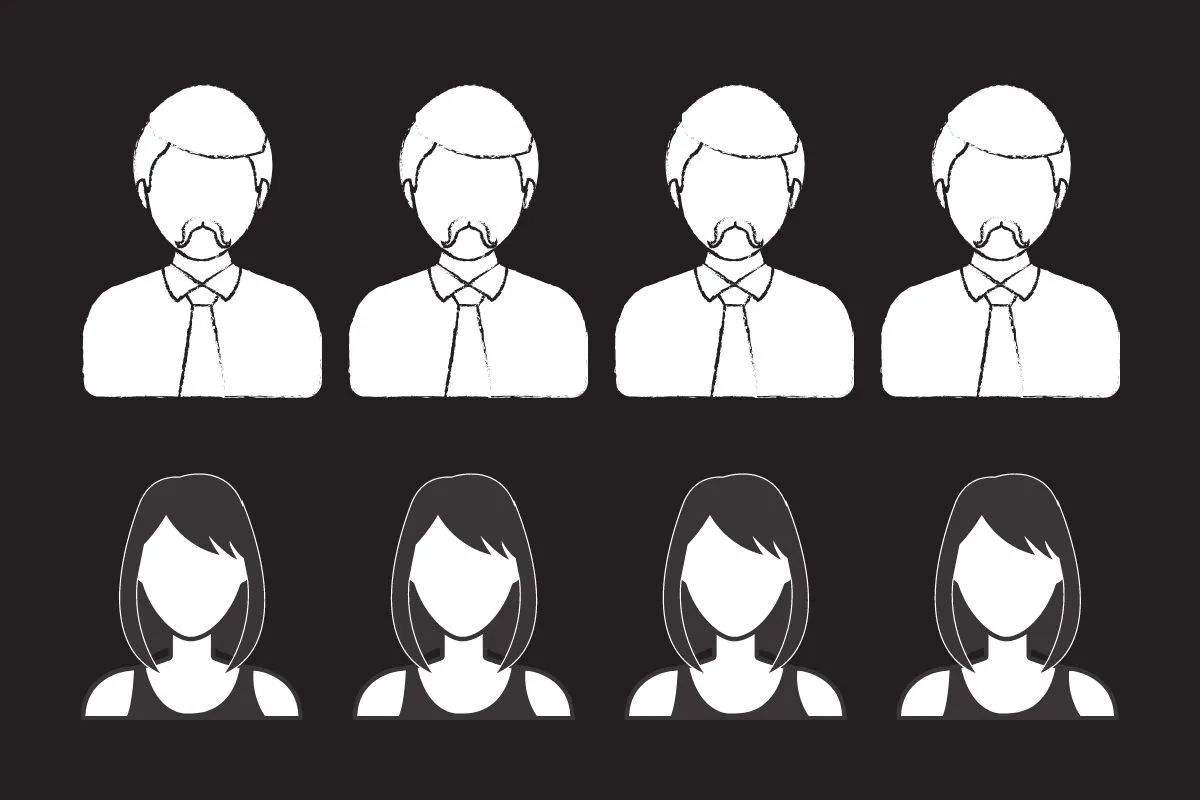Jerry Szpyrka, an unhoused Bowling Green resident, fears he’ll go to jail if he falls asleep.
He slept outside the Lisa Rice branch of the public library for years. In August, a police officer awoke him late at night on a public bench nearby to say he couldn’t sleep in the area anymore. Since then, Szpyrka said, he’d been sleeping some 30 minutes at a time, from one place to another.
“What am I supposed to do … stay up all day, all night, walk until it’s exhausting, and then fall?” Szpyrka said. “If you're homeless, you can’t stay anywhere.”
Officers ordered Szpyrka to move due to a law enacted July 15 known as the Safer Kentucky Act, the Bowling Green Police Department confirmed. The sweeping tough-on-crime law, among other provisions, criminalizes sleeping and camping on public property and threatens to hold local governments liable if they refuse to enforce it.
The General Assembly approved it in March and then overrode Gov. Andy Beshear’s veto, with nearly every Republican in support and almost all Democrats in opposition. Every regional representative voted for it.
Opponents say the law criminalizes homelessness. Supporters argue it will push unhoused residents to seek shelter and other resources.
A key part of the provision, State Sen. Mike Wilson (R-Bowling Green) said is “to help guide homeless individuals, many of whom struggle with chronic substance abuse and mental health issues, toward behavioral health and rehabilitation services that they might otherwise not seek out.”
Rep. Robert Duvall (R-Bowling Green) told the Daily News that the goal was to make streets safer for people and businesses as well as “get vulnerable individuals the help they need.”
“Our ultimate aim is to aid in their recovery and help them achieve greater self-sufficiency,” Wilson told the Daily News.
However, interviews with around 30 people – primarily, homeless residents, service providers and law enforcement representatives – depict a law that is exacerbating fatigue and fear on the streets as it keeps unhoused residents continually on the move. Service providers described heightened difficulty consistently connecting with unhoused individuals after the law’s passage.
Together, these interviews paint a picture of a law that’s further destabilizing unhoused residents, who frequently are left without anywhere to stay.
Read the rest at the Bowling Green Daily News.
--30--







